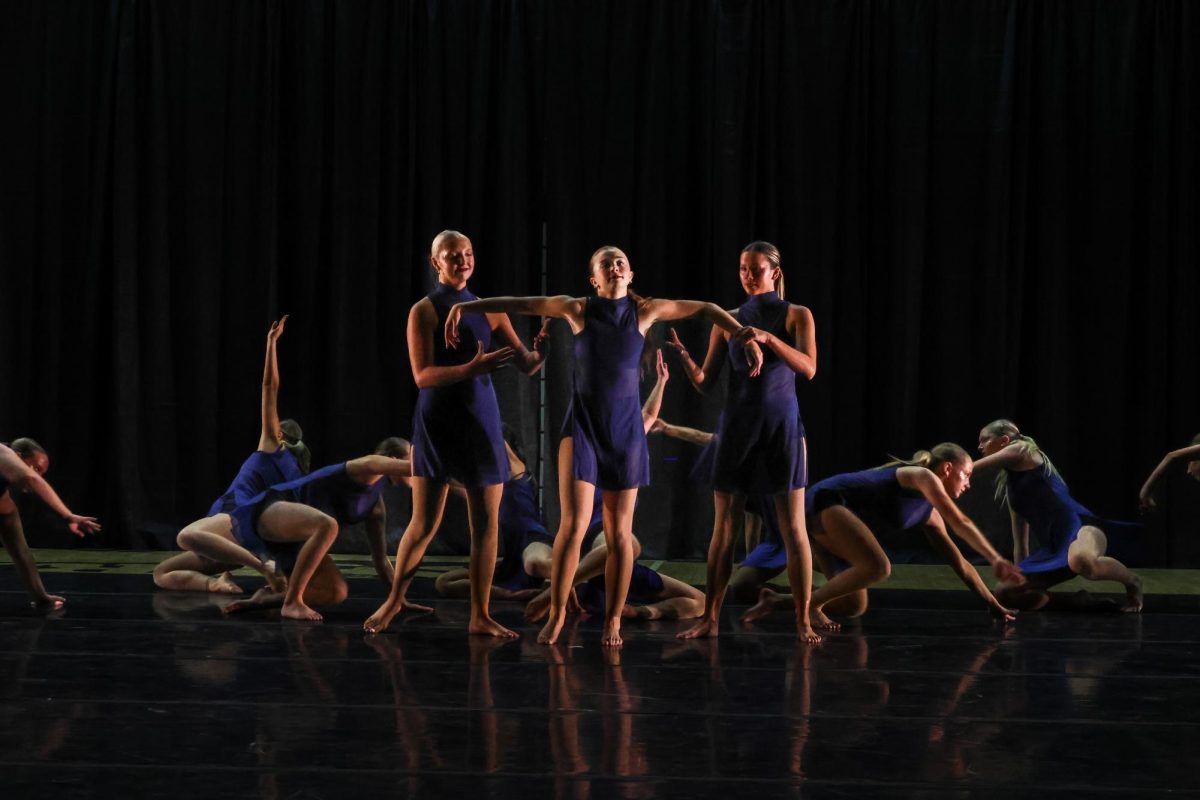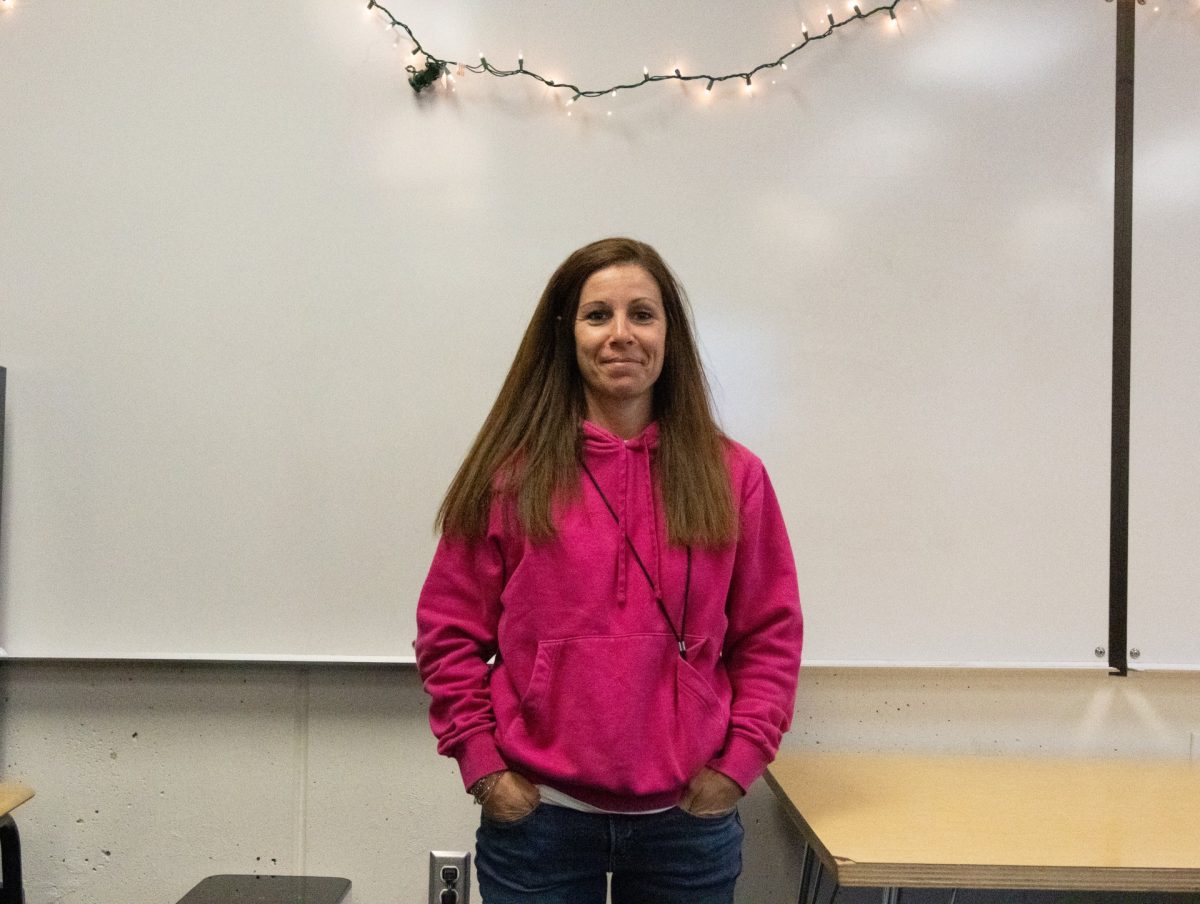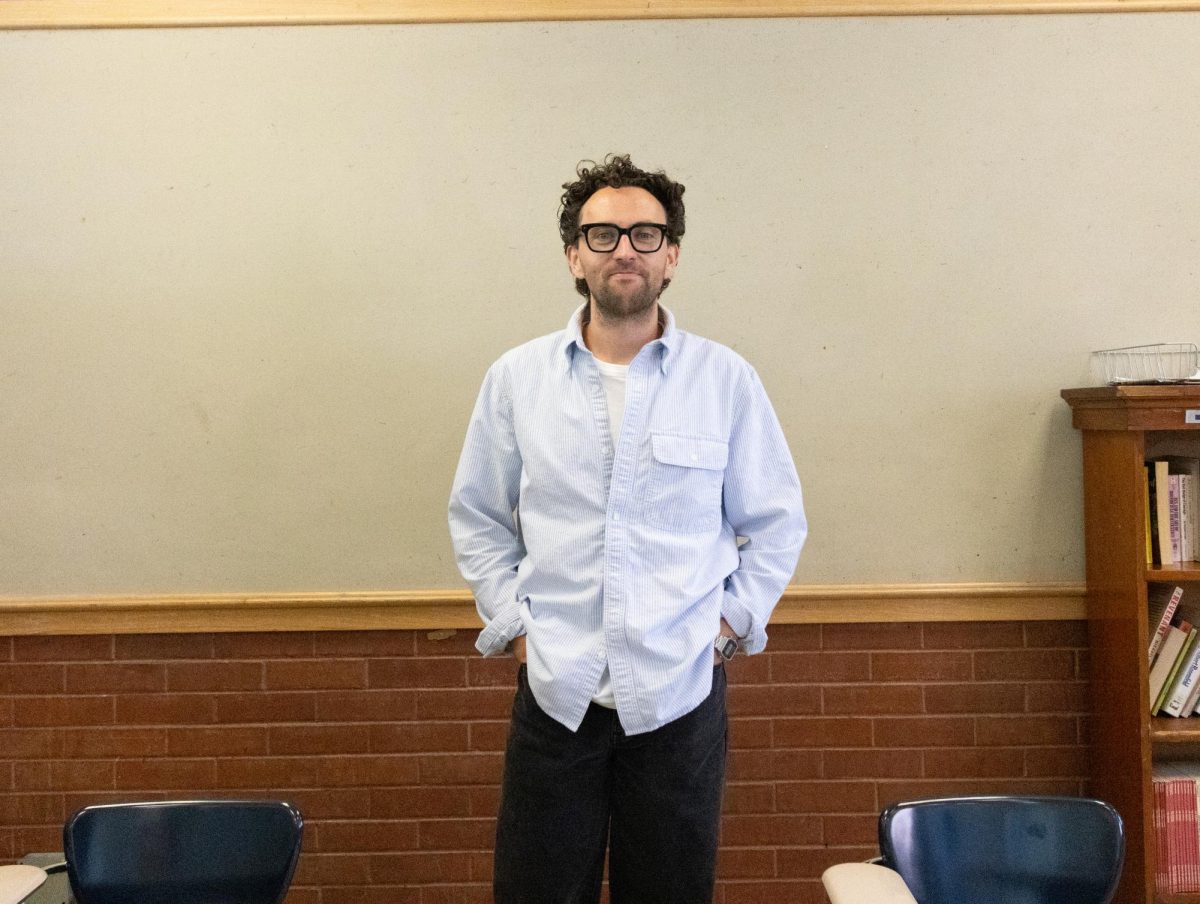SL District Considers Later HS Start Time
February 11, 2016
Time is relative, so said Einstein. But is it? Apparently not when it comes to teen’s ability to stay alert — or at least awake — at school.
The Salt Lake School District is considering pushing back the high school start time from 7:45 am to 8:30 am in order to be in better sync with the natural rhythms of teens’ sleep cycles. When some members of the Salt Lake Board of Education encountered studies that suggested that current early schedules are negatively affecting teen sleeping patterns and their health, they became alarmed. Their concerns attracted sufficient attention to motivate the District to send letters out to parents, students, and teachers inquiring as to when they considered that the best start time would be. The options were 8:00 am, 8:30 am, and 9:00 am. The results of the inquiry are still being processed.
One thing appears clear, however. Many clinical studies suggest that later start times for schools would lead to higher academic performance. Many sleep experts have detected a change in the sleep cycles of adolescents that makes it harder for teenagers to fall asleep. The website “Start School Later” says “a typical sleep cycle begins around 11 pm for teenagers and continues until 8 am, [early school start times].” This not only means that students would get only 6 to 7 hours of sleep per school night, but they would also be required “to wake up in the middle of deep sleep.”
“It would be better if high school students started later,” senior Rachel Watters said, “because we don’t use our brains until ten o’clock anyways.”
The consequences, according to sleep experts, extend beyond a sleepy student who does not perform at his or her best. It also leads to health problems. According to the National Sleep Foundations, sleep deprived students experience depressed moods and are more likely to smoke tobacco and drink alcohol. When sleep deprived, the immune system is lowered and people are more likely to get diseases. Other risks include drowsy driving, tardiness, and poor memory.
“I really agree that teenagers especially, if they have later start times, could be more effective academically,” Principal Chris Jenson said.
But many teachers don’t believe student’s tiredness is a problem, however, because this leads to very quiet and well behaved students in their first period. But the academic performance of those who are tired during school still proves to be an issue.
“I love that [students are tired] because they’re paying attention, they are just not quite awake yet” Highland teachers Jeff Rogers said.
But academics would not the only thing affected.
“The biggest challenge becomes after school stuff,” Jenson said.
The “after school stuff” that Jenson refers to is extracurricular activities such as sports, tutoring, clubs etc. With a new start time, comes later release from school. This would completely change scheduling for many of these activities. Practices, rehearsals, meeting with study groups – all would be pushed back, potentially affecting families and home life as students’ school day extends into the early evening.
It would also complicate bus schedules. The school district has a limited amount of busses. High school students share them with middle and elementary schools. The early start time for high school students has been designed in part to accommodate transporting so many students to so many different institutions. Busses drop high school students off and head to other destinations to serve other waiting students.
Sports and clubs are not the only activities whose schedules would be alternated. A change in start times would adversely affect the schedule of math teacher, Bruce Grable. Grable’s day revolves around one thing – skiing. “[Pushing school start times would] wreck my whole career. It would wreck my whole set up. I teach in the morning so that I can get out early and ski.” Grable said.





























